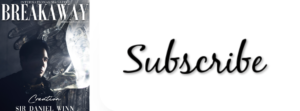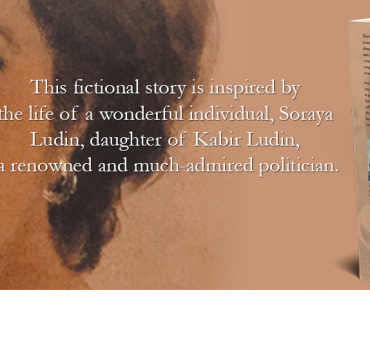Dr. Alan Barnard has developed the Harmony Decision Maker app that helps people make better decisions
- South Africa
- Photography by Brandon B.
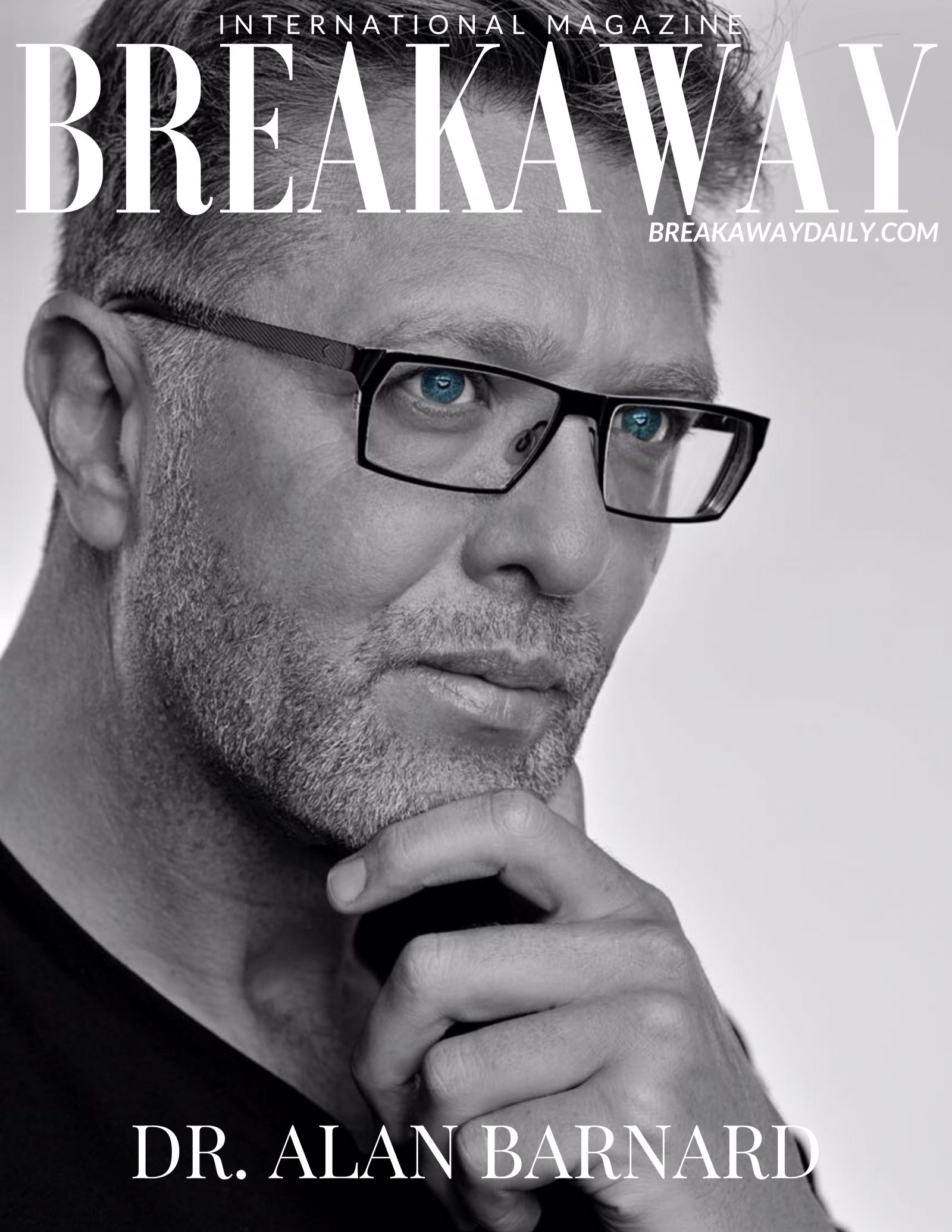
Dr. Alan Barnard is a serial entrepreneur, app developer, author, speaker and one of the leading Decision Scientists and Theory of Constraints experts in the world. His life goal is to help people discover and overcome their own limiting assumptions or beliefs that could be blocking them from seeing and unlocking their inherent potential.
For over thirty years, Dr. Barnard’s research has been focused on two simple questions. Firstly, why do good people make, and often repeat bad decisions? And secondly, is it possible to develop simple decision support methods and apps that can help people avoid common decision mistakes to help them make better, faster decisions when it really matters?
One of the apps he has developed, the Harmony Decision Maker App, can help people evaporate their darkest clouds – those difficult problems or decision conflicts – we will face in both our personal and professional lives. The app’s success was based on a simple insight; every dark cloud has a silver lining.
From Humble Beginnings
Dr. Barnard grew up in South Africa. He was interested from a young age in why some people, despite coming from similarly humble beginnings to his own, could become very successful. In contrast, others, with much better starting conditions, often failed to live up to their potential. Could it be that it is not our starting conditions that matter so much, but rather our starting assumptions? Dr. Barnard turned this curiosity into a life goal.
There were two catalytic life events that, according to Dr. Barnard, helped him gain the insights he needed to decide on, and realize his life goal. The first one happened when he was a teenager, and the second, just after starting his career as an industrial engineer.
“I almost failed a high school entrance exam and was placed in the D-class,” Dr. Barnard recalls. “I was teased terribly by the kids who were in the A-class. They said the A-class was for achievers, but the D class was for dummies like me”. I did quite well in primary school, so almost failing an entrance exam was a massive shock to me and those that knew me. I asked for a remark, but it was denied. And almost immediately, my marks started going down. I couldn’t help asking myself why. The most reasonable explanation I could come up with at 13 years old was that in high school, there were simply more subjects that required good memorization of facts and comprehension of complex topics, something I was never really good at. I tried studying harder, but just could not get better marks. I started feeling this overwhelming feeling of hopelessness. This hopelessness turned into a vicious cycle. “Why even try, if studying harder was not helping?”
Dr. Barnard then read a quote by Henry Ford that would change his life. “Whether you believe you can do something, or can’t, you are right.” The quote emphasizes how much self-belief determines success or failure.
“For days, I wondered if it could be that simple. Could the “bad luck” of doing poorly in that entrance exam have negatively affected my self-belief so much that it became a self-fulfilling prophecy?
Could the belief that I will never do well because I always struggled to remember facts and felt easily overwhelmed with complex subjects be the cause for my poor marks? How could I check if this belief was true or false? One thing that intrigued me from studying science was the belief in science that you can never prove a theory true. You can only prove it to be false. Just one case that contradicts your theory is enough to prove it false. I started looking for the one case to disprove my belief that without good memory or ability to understand complex topics quickly, you can never do well at school or be successful in life.”
To his surprise and great relief, he found not one, but many cases of successful people that faced similar learning challenges. This was an incredibly important realization. Just finding one person that became successful despite the same challenges would have been enough to disprove that good memory, and a quick understanding of complex topics is a necessary condition for success. To his surprise, it was not just the exception that a few became successful despite similar learning and comprehension challenges, but it seemed more the rule than the exception.
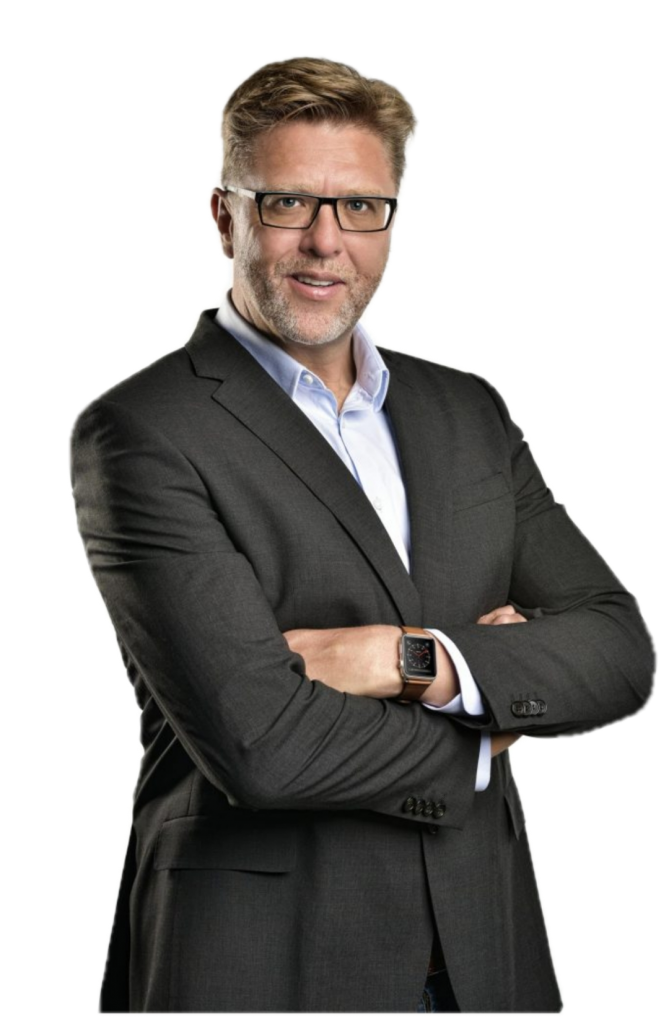
Most of those he read about that became successful in their field of interest had to learn to live with or found innovative ways to overcome such challenges. Many had poor and uneducated parents. And many of the most famous scientists and inventors did poorly at school due to their struggle with dyslexia, attention deficit disorder, stuttering, depression, or obsessive-compulsive disorders. These included Leonardo Da Vinci, Charles Darwin, Thomas Edison, Alexander Graham Bell, Henry Ford, Sir Richard Branson, and even Steven Spielberg.
Dr. Barnard started wondering how many of his other beliefs or assumptions could also be holding him back. In hindsight, he claims that his realization that it was not the starting conditions someone faces that ultimately determines their success, but rather their starting assumptions, was the most valuable insight he has ever gained. It gave him hope and allowed him to escape that vicious negative cycle of self-doubt and poor performance.
Of course, facing non-ideal starting conditions like learning disabilities, depression, or even discrimination can make life much more challenging. But often, we cannot change those while we can always change our starting assumptions. All we need is to regain hope is to find just one case of someone that became very successful despite facing similar challenging starting conditions to our own. How can we find and overcome our own limiting or harmful assumptions or beliefs?
Meeting the Theory Of Constraints Creator
The second catalytic life event was when Dr. Barnard graduated with a degree in industrial engineering and twelve months later met Dr. Goldratt. Eliyahu Moshe Goldratt (1947– 2011) was an Israeli business management guru, Theory of Constraints creator and author of The Goal: A Process of Ongoing Improvement (one of the top 150 books of all time).
There was an immediate connection between Dr. Barnard and Dr. Goldratt. They were both passionate about applying a robust scientific approach to developing new thinking and decision-making methods that can help people, in both their personal lives as well as in business, make better, faster decisions.
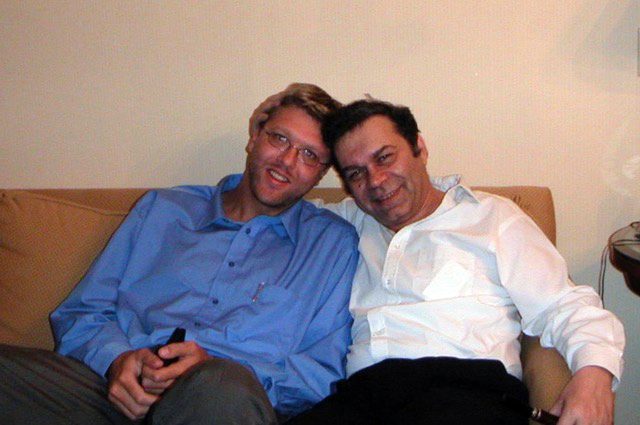
By the time they met, Dr. Barnard had already successfully implemented the Theory of Constraints (TOC) within the large cookware manufacturer he had worked as the Vice-President of Engineering. “The company was able to increase factory Throughput by over 50% and increasing due to date performance from 60% to almost 100% without adding more resources,” says Dr. Barnard.
Dr. Barnard was able to replicate these impressive results in a large brewing company he joined a few years later. However, finding a systematic way to discover and overcome limiting beliefs remained elusive. Then, in the early 2000s, Dr. Barnard and Dr. Goldratt started working together on implementing Theory of Constraints on large complex organizations. It took them back full circle to the discussion from their first meeting. They wanted to develop a step-by-step process that people and managers could go through to help them make better, faster decisions when it really matters.
Dr. Goldratt reminded Dr. Barnard that a life goal was simply a dream taken seriously. It was time to make his dream seriously.
Developing the ProConCloud™ Method
In 2005, Dr. Barnard decided to take it his life goal seriously by registering to do a Ph.D. with the title “Developing a step-by-step method to help people and organizations discover and unlock their inherent potential.” The outcome of the Ph.D. research was Barnard’s award-winning 5-Step ProConCloud™ Method.
Dr. Barnard explains that “my new method, like most scientific breakthroughs, was developed by standing on the shoulders of giants.” In fact, the name was inspired by the decision methods that had the most significant impact on his research.
“Firstly, the Pro-Con list that was developed by Benjamin Franklin. It is remarkable that after two-hundred and fifty years, this is still one of the most commonly used methods people use when facing difficult decisions. The method has major benefits, but also major limitations. Secondly, Dr. Goldratt’s own Evaporating Cloud Method, which also had major benefits but some critical limitations.”
Dr. Barnard took these two innovations, mixed with his own research insights, and those of other giants in the field of decision making, like Daniel Kahneman, to create the 5 Step ProConCloud™ process. It retains the benefits of traditional methods but overcomes many of their limitations.
Each step of the ProConCloud™ method was designed to prevent one of five common decision mistakes we all make.
In 2009, Dr. Barnard was awarded his Ph.D. by The Da Vinci Institute for the development of his ProConCloud™ method. During his research, he managed to show that the same method can be used successfully not just in the private sector but also in the public sector and even with individuals. He called the program to teach the ProConCloud™ method, of which the first version was done in 2005, “The Odyssey Program.” Using “odyssey” in the name hinted at the challenging but exciting journey for individuals and business leaders to discover and overcome their limiting assumptions or beliefs.
From the past fifteen years of field testing, Dr. Barnard and his team of researchers learned a lot. “The first version of the process took attendees five days to complete,” recalls Dr. Barnard. “Today, the ProConCloud™ method has been simplified so much that the same or better outcomes can be achieved in five hours or less. In fact, last year, Dr. Barnard was asked to facilitate a workshop at the TEDSummit titled “How to make impossible decisions.” Attendees, using his ProConCloud™ method, reported significant insights and breakthroughs in just ninety minutes.
Developing the Harmony Decision Maker App
Early on in the field testing, Dr. Barnard and his team noticed attendees of the Odyssey Program faced several challenges that could ultimately limit both the adoption and the value of the ProConCloud™ method for users. “Firstly, using workbooks that users used to write in their answers, resulted in the frustrating and messy rework as the person got new insights during the five step process. Another issue was that it was hard to share your analysis with others when it was handwritten in a workbook form. And lastly, to scale the roll-out of the method would require the training of many facilitators around the world.”
Dr. Barnard realized that most of the challenges they encountered could be overcome with technology. That is why, in 2013, Dr. Barnard and his team at Goldratt Research Labs started the development of an app called the Harmony Decision Maker that could guide users through the five steps of the ProConCloud™ method. They could also use the app to track their progress and share their analysis and progress with other stakeholders.
The video below shows how the five steps of the ProConCloud™ method can help someone discover and overcome a limiting belief to make better decisions – decisions that move them closer to those goals important to them or their organization.
Dr. Barnard said the most valuable insights was simply that “Good people make and often repeat bad decisions for excellent reasons.” We often procrastinate or under-react in making good changes in our life or organization, not because of ignorance of the pros of making these or the cons of not making these. But instead because of exaggerated fears of loss, effort, and risk. We often over-react and make bad choices in our life or organization. We do this not because of ignorance of the benefits of the status quo, but rather because of exaggerated frustrations with the current situation or exaggerated expectations of the change. This is true whether the “change” someone is contemplating involves how to deal with bullying or abuse, whether to get a job or start their own business, to change their diet, have children, get a divorce, etc.
In decision making, there is a lot of visible complexity. There is also a profound invisible simplicity Dr. Barnard discovered. The ProConCloud™ method has been proven very successful in showing users how their limiting assumptions or beliefs – those exaggerated fears, frustrations, or expectations – are often hiding in plain sight. They just needed to be asked the right questions.
Can an App help someone improve their Mental Health & Well-Being?
Dr. Barnard hopes that his research and the insights gained from studying how app users have benefited from using the ProConCloud™ method will help in an area he is most passionate about – enabling people to understand better and improve their own mental health.
Today, despite access to more mental health information and support resources, not everybody who needs help gets it. Many don’t speak up. Others don’t know where to turn. Every single day, people suffer from stress, anxiety, depression, substance abuse, and suicidal thoughts. Dr. Barnard hopes his Harmony Decision Maker App will help people better deal with and overcome such issues. His research has proven that if people are given the right tools, they can often discover and overcome their own limiting beliefs or assumptions.
The Harmony Decision Maker App has been tested across a range of personal decision conflicts faced by people. He has partnered with several schools, non-governmental organizations, and even suicide prevention centers. The app was tested through pilot studies before it was listed as one of the resources available to help people. A prerequisite for this was that the app was awarded Level 1 Certification for Advanced Well-Being.
The difficult problems or decisions we face in life often hang over us like a dark cloud
Dr. Barnard’s ProConCloud™ method helps people to uncover the silver lining in every one of these dark clouds. When we analyze our conflicts from all perspectives using his method, we can often find the limiting assumptions or beliefs hiding in plain sight. These figurative dark clouds, our unresolved internal conflicts, severely limit or even block us entirely from making meaningful progress towards the goals most valuable to us. These dark clouds prevent us from seeing and capitalizing on our true potential. The potential is still there. The clouds are just blocking us from seeing it. When we evaporate these dark clouds, it returns harmony back to our life. That is why Dr. Barnard named his app Harmony Decision Maker.
For more information on Dr. Barnard, visit DrAlanBarnard.com. The Harmony Decision Maker app is available to download for free from the Apple App Store and Google Play. Visit HarmonyTOC.com for more information.
Breakaway Magazine writes thought-provoking stories that transcend boundaries, providing transformative viewpoints on breaking barriers. Through an international readership of millions, every story empowers readers interested in gaining a wider outlook on life through diverse voices. "The magazine reaches millions, connecting with an audience interested in more than just the trend, but the deeper meaning." - Jamee Livingston, Founder/Editor-In-Chief. Read more on our about page.







